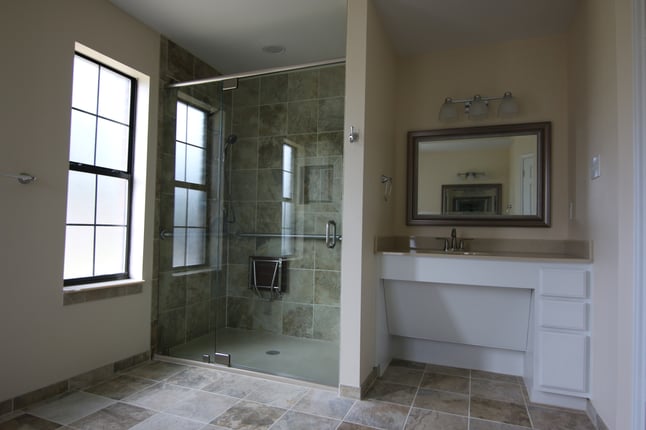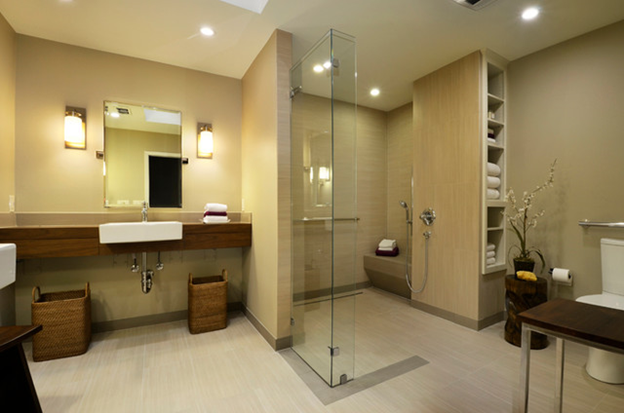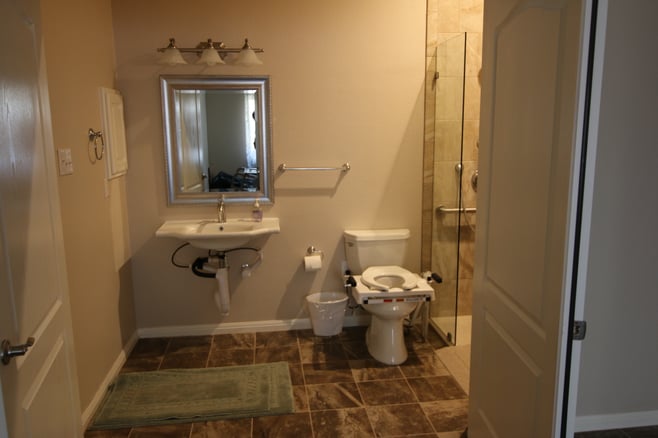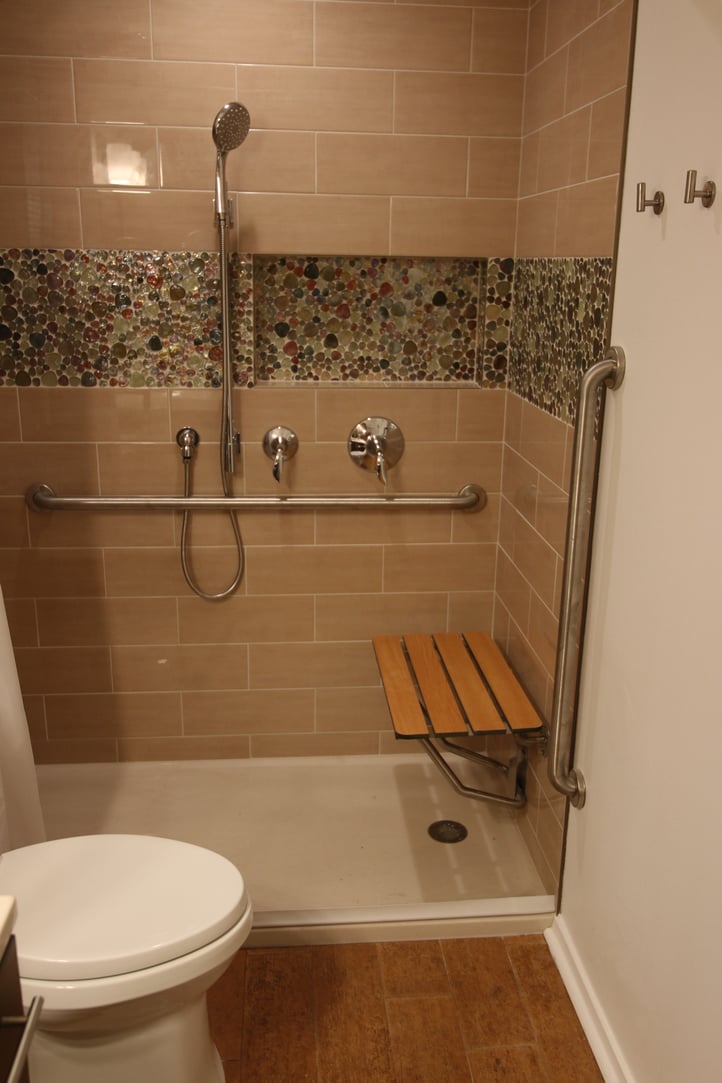Disability is a complex phenomenon — it represents the interaction between a person’s physical abilities, the activities they need to perform, and the architectural barriers within their surroundings. Each individual experiences this differently. Two people with the same impairment may describe their limitations in completely different ways. The blind navigate a world that is profoundly different from that of someone who is deaf — and both deserve spaces designed with equal accessibility in mind.
According to national reports, 19% of adults between ages 16 and 64 and 42% of those 65 and older live with a physical disability that affects their daily activities. These realities make it clear: accessibility isn’t just a senior issue — it’s a human one.
Building for All Ages and Abilities
This situation applies to everyone — adults, children, and individuals with special needs. The building industry must work together to ensure that every living environment meets essential human needs: safety, affordability, and structural integrity.
A truly accessible home supports privacy, belonging, control, safety, and security — the cornerstones of quality of life. These values should always guide the planning of any barrier-free design.
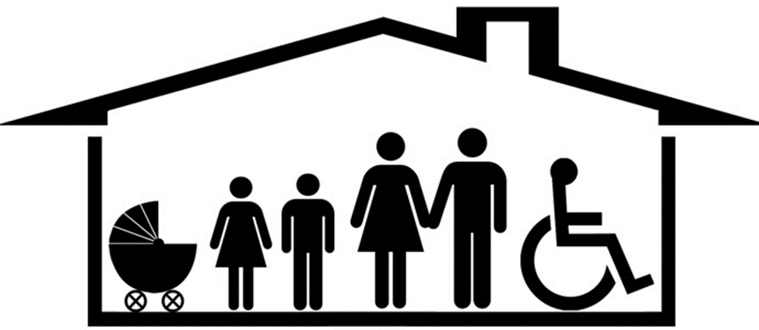
Common Barriers in Traditional Homes
Most traditional homes are full of hidden obstacles that restrict maneuverability for people with disabilities. These challenges become even more pronounced when mobility aids like walkers or wheelchairs are required.
Common architectural barriers include:
-
Steps at entryways with no alternative access
-
Narrow doorways and hallways with tight turns
-
Cramped bathrooms with poor fixture placement
-
Inaccessible outdoor spaces and patios
-
Kitchens that lack clear floor space or proper reach ranges
-
Hard-to-operate door hardware that requires grip strength and coordination
These design flaws can turn an ordinary house into a daily struggle for anyone with mobility limitations.
The Evolution of the Accessible Home
Accessibility has evolved far beyond grab bars and ramps. Modern accessible design is now built into the foundation of the home — seamlessly integrated rather than added as an afterthought.
This shift reflects the growing adoption of Universal Design, a concept that focuses on creating spaces, products, and environments usable by as many people as possible, regardless of age, ability, or circumstance.
Universal Design isn’t about making a home look institutional or medical. It’s about creating beauty, comfort, and functionality that everyone can enjoy — a design approach that feels natural, not clinical.
When done well, Universal Design improves safety and accessibility for every occupant and guest, often in ways that are practically invisible.
Accessible Home Design in Austin, Texas
For those in the Austin area seeking accessibility improvements, T-Square Company offers over 30 years of experience in barrier-free remodeling and accessible home design.
T-Square specializes in customized disability home modifications for residents of all ages, including:
- Expert and professional home assessments
-
Wider doors and hallways
-
Accessible bathrooms and roll-in showers
-
Barrier-free kitchens
-
Ramped entrances and zero-threshold transitions
-
Stair lifts, elevators, and vertical platform lifts
-
Fully accessible rooms designed to each client’s needs
Every design/build project begins with a clear understanding of the client’s abilities and goals, ensuring that the design solutions enhance both independence and comfort.
Meet David L. Traut, CAPS
David L. Traut, CAPS, owner and president of T-Square Company in Austin, Texas, is part of a select group of professionals nationwide who have earned the Certified Aging in Place Specialist (CAPS) designation.
This certification, offered through the National Association of Home Builders (NAHB) in collaboration with AARP, recognizes remodelers and builders trained to meet the unique needs of older adults and individuals with disabilities.
David is also certified in Universal Design in both the United States and Australia. Drawing on decades of expertise, he recently published Age in Place at Home: Adapting the Home Environment for All Generations, a comprehensive guide that explores the role of Universal Design in creating safe, accessible homes. David wrote this book as a means to help families through difficult times once their homes lacked optimal livability.
📘 Age in Place at Home takes readers room by room, explaining practical modifications that enhance safety, accessibility, and independence. The book is available now on Amazon.
Living Comfortably, Safely, and Independently
Never fear — almost any existing home can be modified to overcome accessibility challenges. With proper planning, professional guidance, and a bit of creativity, you can ensure that every family member enjoys comfort, safety, and freedom of movement.
Following the guidance in Age in Place at Home will not only improve your quality of life — it will also promote equality of access for everyone under your roof.
It just makes good sense.



